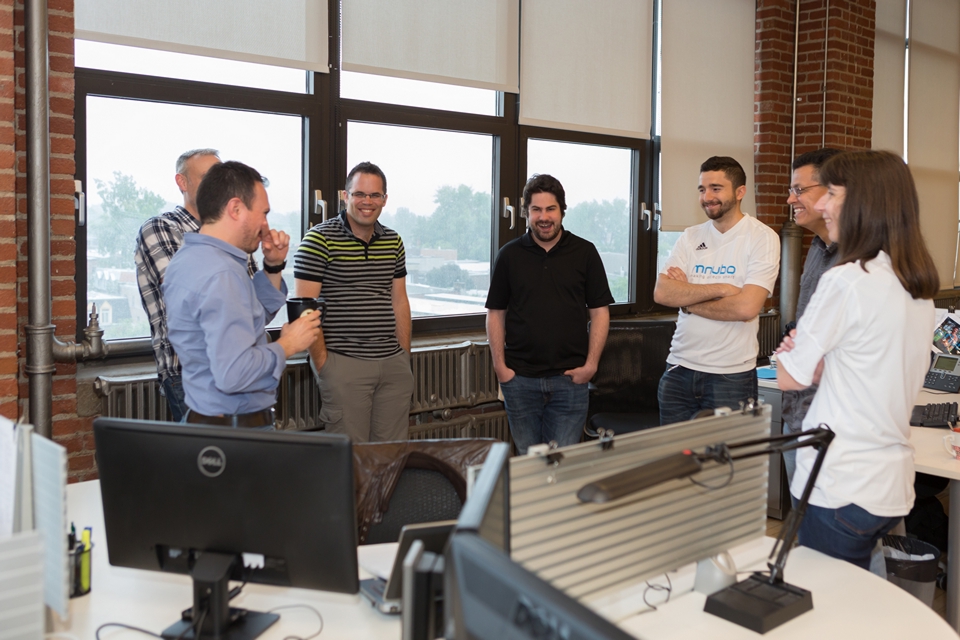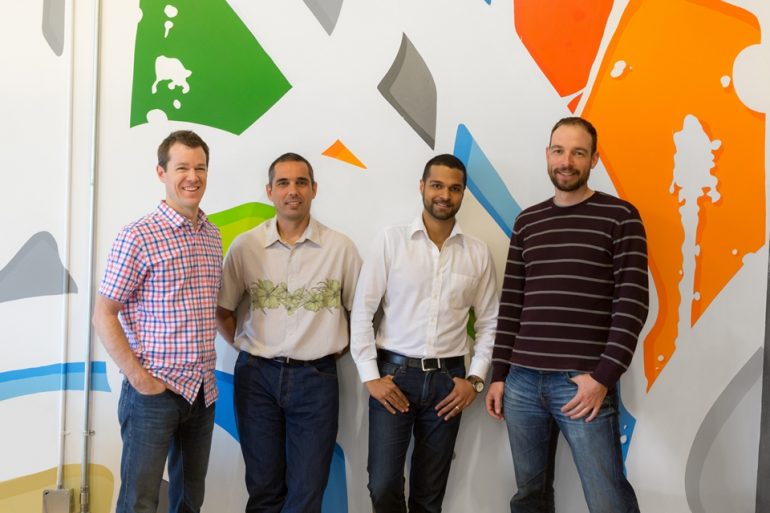While some people might still be on the fence about the longevity of the Internet of Things (IoT), one Montreal company believes that within the next few decades just about everything we own will be connected.
“It’s clear that every product that runs on electricity will end up having connectivity,” said mnubo CEO Frederic Bastien. He believes that we will see innovative new business models popping up “like connected coffee machines that sell coffee as a service.” This would give manufacturers of connected coffee makers an additional revenue source by offering a service that delivers coffee straight to your home (just in time) thanks to smart replenishment. This model works for just about any appliance that needs batteries, or replenishment of some sort. For the moment, however, a large number of IoT products “get connected just for the simple management of warranty and to be able to plan for replacement parts, and other more basic use cases.”
mnubo, which literally means “machine cloud” (the silent “m” stands for “machine”; “nubo” means cloud in Esperanto), analyzes data collected from sensors on smart devices in order to give insight to manufacturers about the way people are using their products, as well as how to improve performance and predict trends (including replenishment and maintenance).

They work with companies large and small, with a massive range of devices, from consumer items like thermostats, cameras, and door locks, to industrial equipment including boilers, air conditioning systems, and intensive agricultural machinery.
The data that is collected by these devices is streamed to their SaaS platform, where mnubo enriches and manipulates it, runs data science algorithms to create insights, and delivers recommendations to their customers about preventive maintenance, the positions of faults, information on the users, and the overall performance of the products.
While consumer items like televisions and thermostats are clear choices for connecting to the Internet, Bastien believes that there is a strong argument for connecting everything from washing machines to cars. “No one thinks today ‘I’m going to buy a dumb TV or a smart TV,’” Bastien said. “It’s just obvious that every TV can be connected to wifi, and doing so mean you accept a number of terms. [The TV] will send data to the maker so that they can learn how it works, or how people engage with it.”

mnubo isn’t the only company analyzing the data generated by IoT devices. Microsoft Azure gives companies more of a toolbox approach, where they can select from a number of tools and products to analyze and store their data. But while this is excellent for larger companies with a team of programmers on board, mnubo enables companies of any size to understand their data—no programming experience required.
“In the end, makers want to understand how that product is being used, and how it’s performing, how it’s behaving, and that’s a big driver to connect everything,” said Bastien.
With significant growth since they launched in 2013, and a breadth of clients from the Americas to Japan and Australia, this Montreal team appears poised to take on the ever expanding global market.


